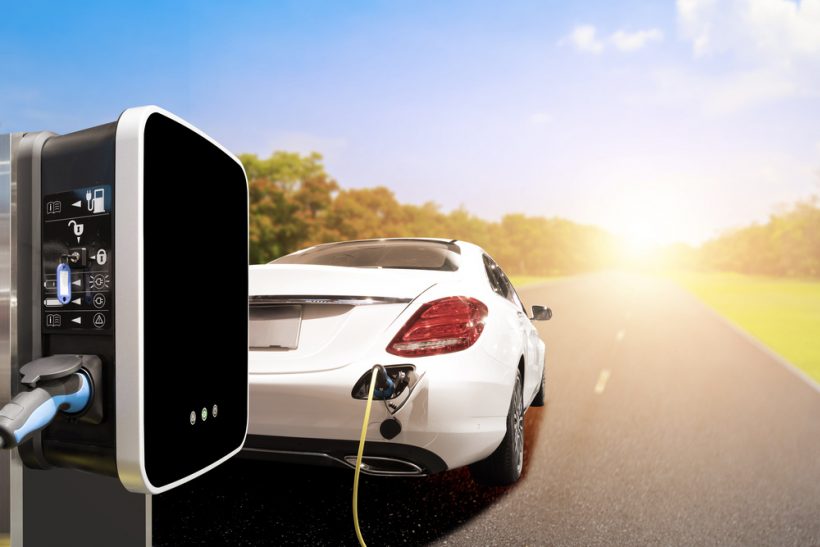People love talking about green energy, eco-friendly technologies, and what we can do to reduce carbon emissions. One way to do that is by using electric cars. But that doesn’t solve the issue. Quite a lot of people debate whether or not electric cards are really eco-friendly and have zero-emissions technology.
To answer that question, you’re at the right place. So, let’s start.
Less Pollution Than Any Other Vehicle Type
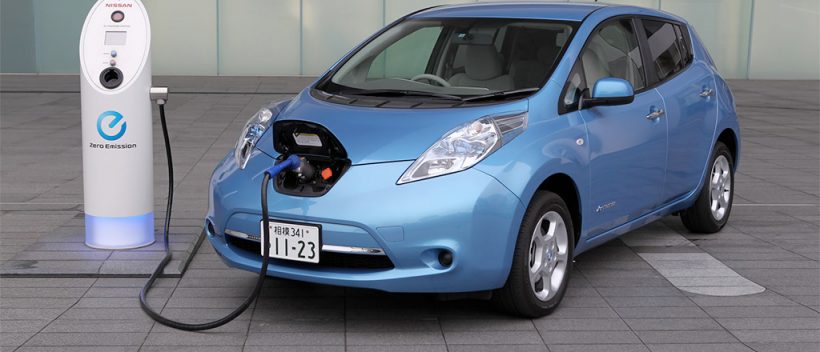
The first thing we have to look at is how much electric cars pollute our environment. Everyone is aware that gas-powered vehicles are becoming a thing of the past. One reason is the high consumption of fuel, while the other reason has to do with pollution.
When we look at the four vehicle types, we can make a case that an all-electric vehicle pollutes the least. The four types are conventional, hybrid, plug-in hybrid, and all-electric.
These cars can be hybrids, plug-in hybrids, or all-electric. Out of all three, only the last type emits no emissions. Many think that hybrids are also eco-friendly vehicles, but that’s not really the case as you can still fuel them with gas – negating the purpose of the vehicle.
The Battery Case
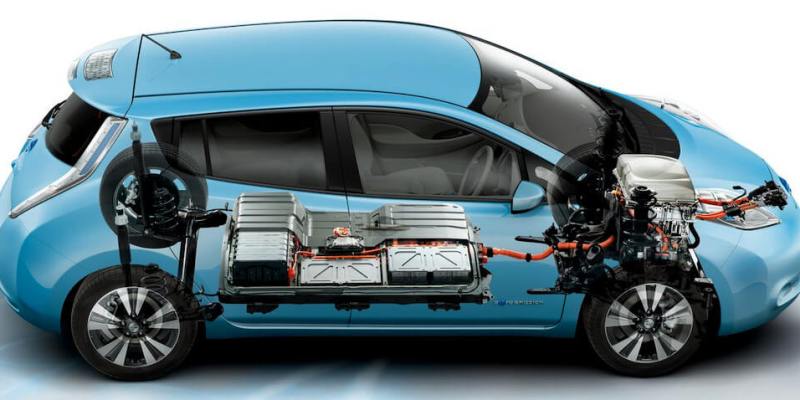
A lot of people like to focus their arguments on the fact that https://carsoid.net/how-to-charge-a-car-battery/ production for e-cars pollutes the environment. And while the arguments are indeed legitimate, we can also shift to clean battery production for electric cars.
Air pollution is a thing of the past when it comes to using electric cars. But the battery is the main cause for concern. If not manufactured the right way, battery production can be very harmful to the environment. Luckily for us, we are finding ways to eliminate this problem altogether.
At the current time of writing, manufacturing the battery is the biggest cause for concern and a reason why many are opposed to using electric vehicles. But considering electric cars are a relatively new technology, we will find ways to make them more eco-friendly.
If we also compare the carbon footprint that these batteries had a few years ago, we have lowered it by as much as 75% since that time. Nowadays, manufacturing batteries is two times more eco-friendlier.
This is all thanks to the many guidelines set in place by manufacturers.
Fewer Cars Thanks To Carsharing
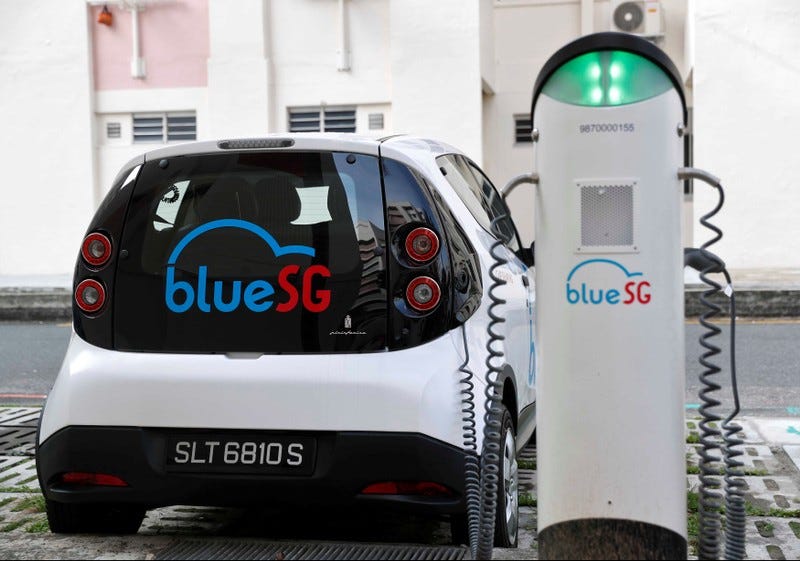
A relatively new concept in the automotive business, carsharing is all about multiple users using the same car. The obvious benefits of doing this are that it lowers the total number of vehicles on the road.
Electric cars are best suited for this concept thanks to the many charging stations in countries around Europe and the United States. This has given birth to carsharing services that allow people to rent an electric car, drive wherever they like, and drop it off at a charging station.
While these services haven’t become the norm in the EV community, they do make it more convenient when users need to drive a short distance. As many know that living in the big city can be a hassle when it comes to parking, carsharing services are making it possible to reduce the total number of cars on the road – ultimately reducing our carbon footprint.
They Use Eco-Friendly Materials
Another issue that electric cars have is choosing eco-friendly materials in the making of the vehicles. Conventional vehicle types use materials that accommodate the need of the fuel type. But these cars need to be much more lightweight than conventional vehicles.
So what’s the solution? To identify lightweight and eco-friendly materials that not only reduce the carbon footprint but also offer the vehicles a broader range. As one would imagine, recycling proved to be the way to achieve this.
By recycling and using organic materials, electric car makers have identified a material that is not only more lightweight but also much more durable. While the base of the vehicle is still made out of traditional materials, manufactures are using recycled materials for smaller parts in the exterior and interior.
This drastically lowers the weight of the vehicle, meaning it can go for much longer. According to many e-vehicle blogs like wegoelectric.net, this only makes the vehicles better at what they’re supposed to do – reduce pollution and drive us towards a goal of zero emissions.
Producing Electricity To Power Charging Stations Is More Eco-Friendly
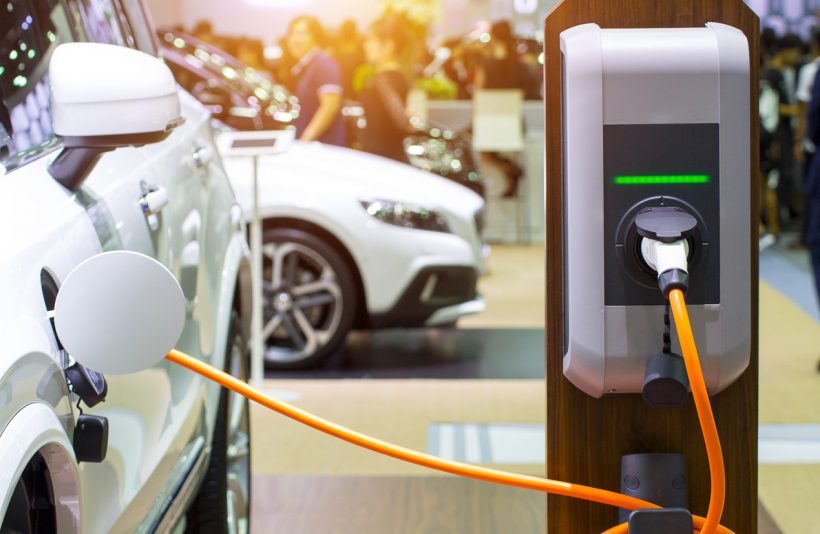
Yet another prominent issue surrounding electric vehicles has to do with producing electricity. Namely, these cars need to be charged every few days. The more of these cars on the road, the bigger the strain is put on the local electricity grid.
So doesn’t that become an issue? According to research, even if producing electricity isn’t as eco-friendly as we thought, that is still a better alternative than using petrol or diesel.
The research found that generating electricity produces fewer carbon emissions – up to 30% less. But we can also produce electricity in a self-sustaining way without needing to pollute the environment at all.
While there is still a long way to go, many are optimistic about the fact that electric cars will be one less problem to worry about when it comes to protecting the environment and the future of the planet.
Electric Cars Do Emit More Emissions During Production
One thing that goes against the technology is that producing these vehicles can also produce high emissions. This is all because of the car’s battery. Namely, the battery is, at the current time of writing, made out of lithium-ion.
These are essential for the vehicle, but they are responsible for up to two-thirds of the total emissions that electric cars produce. This is because there aren’t a lot of batteries to work with. As more batteries are produced, we will find ways to recycle and reuse them once they go bust – effectively solving the issue altogether.
Conclusion
Electric cars are slowly but surely making their way on the market. While hybrids are currently dominating, with big manufacturers completely putting a stop to diesel engines and focusing on hybrid production, it’s only a matter of time before another Tesla-like company switches to an all-electric model.

